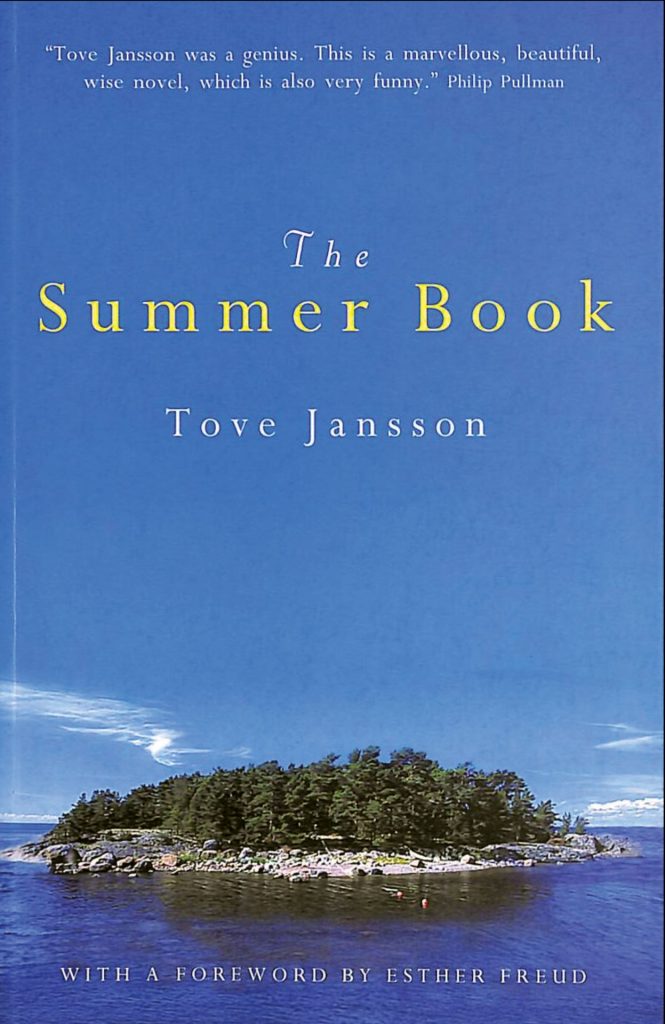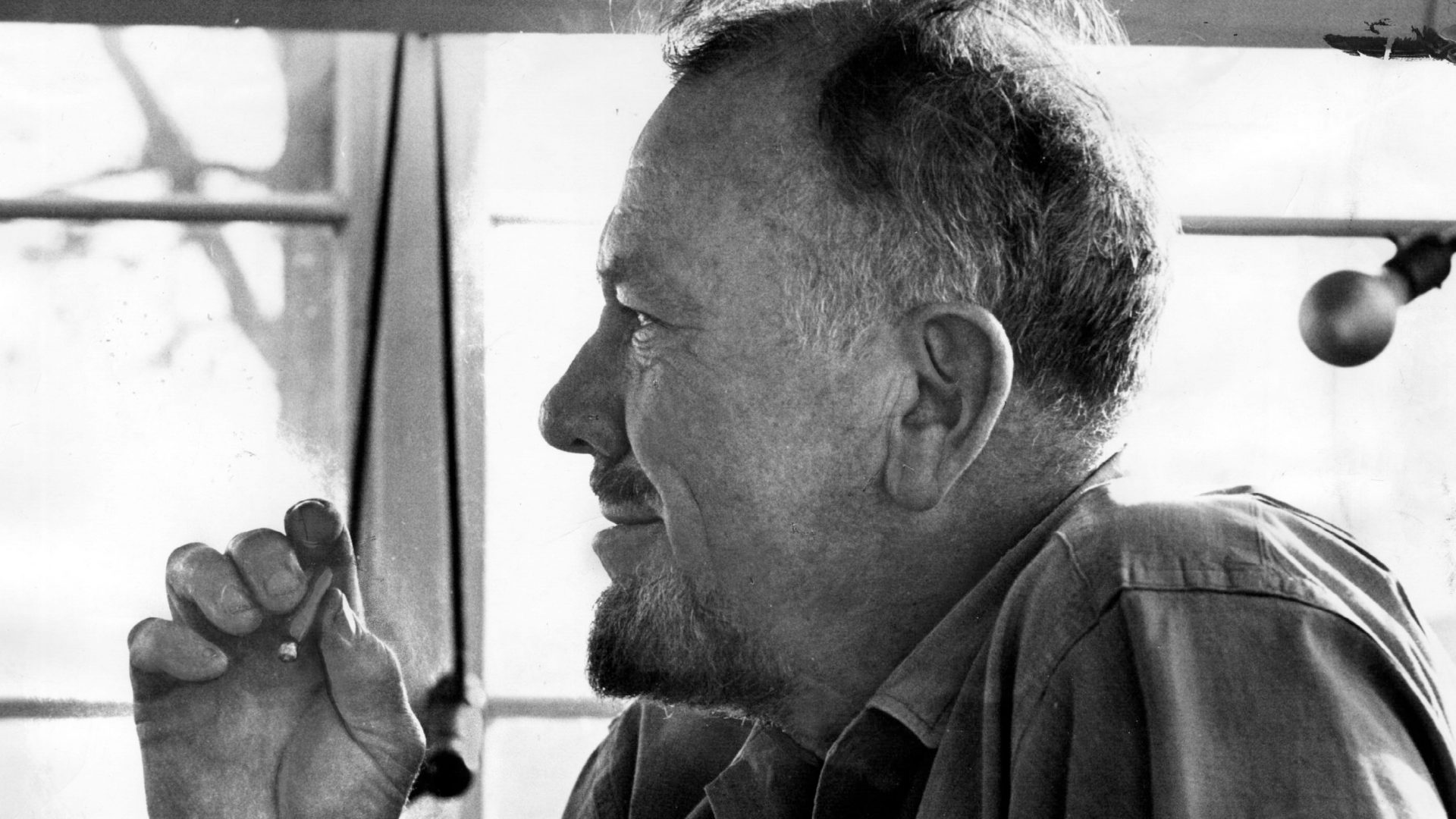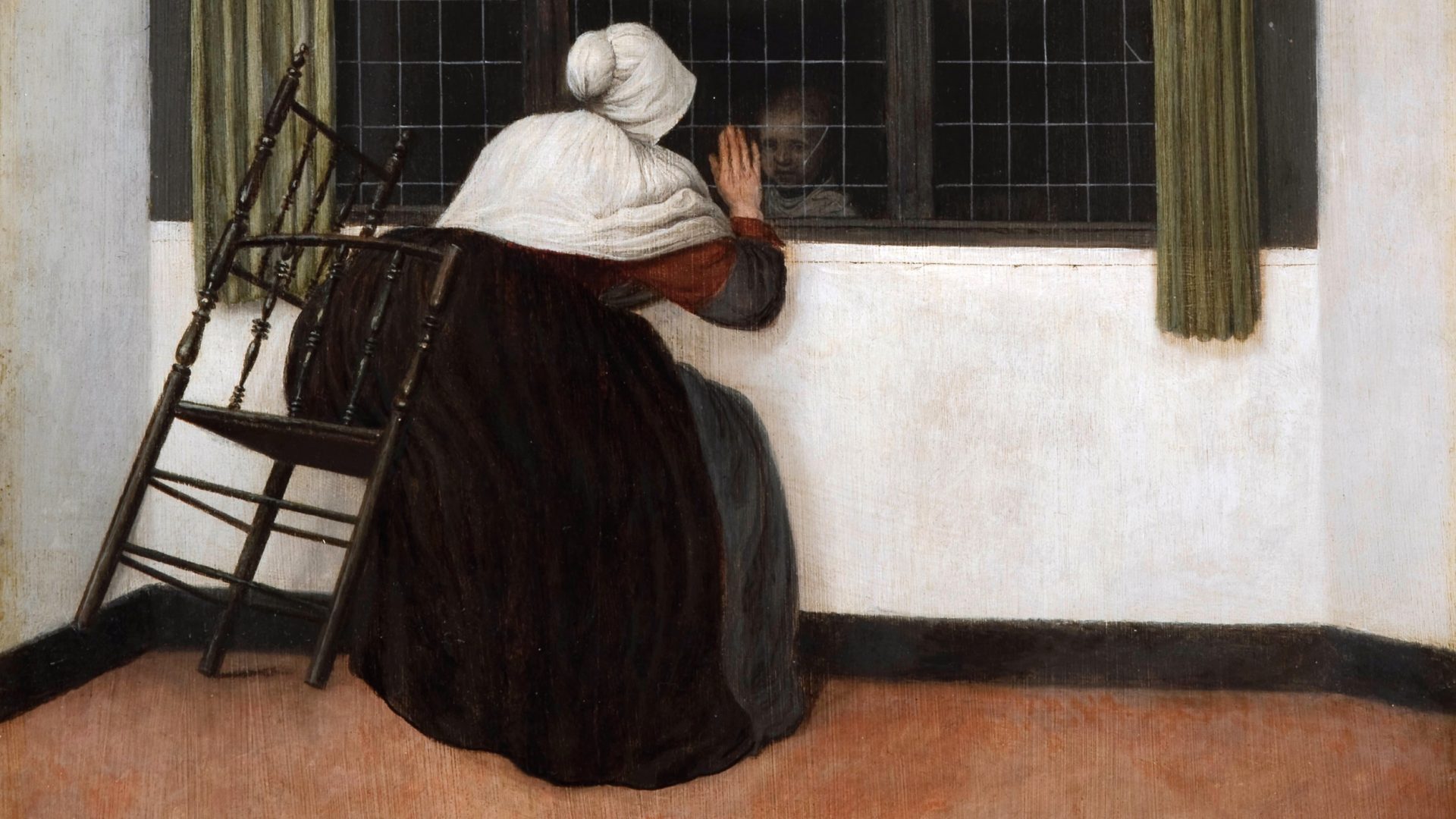It’s probably not often that Lewis Capaldi crops up in the books pages. This might turn out to be the only occasion, in fact – at least until he produces an autobiography. Yet, in an interview the singer gave to a Sunday newspaper recently, he brought up an affliction that’s common to a range of writers, from aspiring first-time novelists to household names.
With a new album in the can, a string of sell-out arena dates booked and a documentary about to arrive on Netflix, Capaldi was asked if his imposter syndrome had abated.
“Quite the contrary,” he said. “I feel great at having made a record that I love. I can’t wait to play the songs live. But what I still don’t understand is why so many people come to see me.”
Imposter syndrome, in which a person feels their achievements are undeserved to the point of being the result of a terrible mistake, is a subject Capaldi has talked about openly for as long as he has been in the public eye.
“‘What right do I have to be playing arenas?’ is what goes through my head,” he said in 2019. “I’m not better than any of these people, I’m not better at writing songs or singing.”
Capaldi’s interview resonated because a couple of weeks earlier a column by a journalist friend of mine described her own issues with imposter syndrome. Reading of her predicament came as a surprise, as she had always come across as being as confident as she is gifted; a successful author as well as a national newspaper columnist and an in-demand chair for high-profile literary events.
Yet here she was writing of her persistent anxiety, heightened in the weeks after winning an award for her work when, despite this being as literal a confirmation by her peers of her abilities as anything could be, she expected daily to open the door to someone demanding the award back because it should actually have gone to somebody else.
Imposter syndrome is more common than you might imagine. Indeed, according to a 2015 report published in the Journal of Behavioural Science, seven out of every 10 people report feeling like imposters, among whom are some startlingly successful people.
Paul Newman wrote in his recently discovered autobiography that, “I never had a sense of talent because I was always a follower, following someone else with stuff that I basically interpreted and did not really create”.
In 2019, Nicola Sturgeon told an interviewer, “Even though I have been in politics for a long time… there will be days when I think, should I even be here? Is somebody about to find me out?” A timely question perhaps.
Among writers, Maya Angelou – winner of a Pulitzer Prize and three Grammys – said, “I have written 11 books but each time I’d think, uh-oh, they’re going to find out now. I’ve run a game on everybody, and they’re going to find me out.”
In a 2021 interview the Irish novelist Marian Keyes, whose global book sales number well into the millions, told of how “there are times I always feel more than apologetic if I go to literary festivals and it’s all men of letters standing around talking to other men, acting like they were born to all of this. When I arrive I do feel like I shouldn’t be here, I don’t belong here. And I feel diminished.”
Gender certainly seems to be a defining factor among those speaking publicly about imposter syndrome. Nearly all the instances among writers have come from women, while the condition itself was first identified by two female academics after conversations with colleagues at Oberlin College in Ohio in the late 1970s. The academic paper they produced was turned into the bestselling 1985 book The Impostor Phenomenon by one of the paper’s authors, Dr Pauline Rose Clance.
Initially, the syndrome was seen as almost exclusive to white women, but studies since have shown repeatedly that imposter syndrome is at least as prevalent among people of colour.
“I didn’t really see anyone who looks like me doing what I did, and this whole imposter syndrome thing, it’s a real thing,” said the British writer Candice Carty-Williams, author of the bestselling 2019 novel Queenie. “Especially when I’ve come from rooms that are filled with just white people and me.”
I suspect that there are far more male writers with imposter syndrome than are prepared to admit it. It could be a macho thing, perhaps, regarding it as a sign of weakness or failure, but while there are certainly some high-profile alphas among the writing fraternity, most of the male authors I know are not really blokey blokes; certainly more Tate Modern than Andrew Tate.
Yet when I contacted a selection of them to ask if the syndrome was something they recognised, only three responded – two saying it wasn’t and one answering, slightly tartly, “you surely have to achieve something to feel like an imposter”.
Conversely, nearly all of the women writers I contacted replied, with around half saying they had experienced it themselves. “Oh God, yes, I’ve been saddled with it for as long as I’ve been writing,” one novelist told me. For another, “discovering that imposter syndrome was ‘a thing’ actually helped. The knowledge that I wasn’t alone was comforting in a way”.
From the outside, imposter syndrome sounds like an affectation, fake modesty, a fishing line cast for praise, at best the ultimate first-world problem. Yet it is a genuinely unpleasant phenomenon for the writer who experiences it.
Despite having written something close to 20 books, the feeling that I’m pulling off some kind of elaborate fraud has not diminished since the publication of my first.
Every time I send in a completed manuscript I avoid my email inbox for as long as I can, convinced that the editor will reply with something along the lines of “we can’t publish this illiterate bollocks”. I stopped reading reviews of my own work many books ago, convinced that even the slightest hint of criticism among a generally positive notice was just long overdue confirmation that I was being unmasked as a fake.
When my author copies of a new book arrive from the publisher I can’t get rid of them quickly enough, as if I’m disposing of evidence linking me to fraud. I don’t own a single copy of any of my books.
When a book of mine was shortlisted for an award a few years ago – some of whose previous winners are among my favourite books – my delight at not winning was roughly equivalent to scoring a late winner in the cup final. I hadn’t, thank goodness, devalued the award and those previous winners by having my name added to the list.
Yet despite all this, I keep doing it. Until I learned of the existence of imposter syndrome, I’d assumed every author experienced the same thing and this was just how it felt to write books. Also I reminded myself that self-doubt is healthy in a writer, it fosters empathy and, who knows, maybe even some kind of insight. The work of writers who can’t see past their ginormous self-regard is limited, I thought, by having to reach around their whopping egos to type.
But there’s self-doubt and there’s, well, this.
It feels strange writing about my own experience, as if I’m even being an imposter in the world of imposter syndrome. I am also a bloke enjoying the inherent advantages that bestows in a patriarchal world, so I fear I’m also annexing what has primarily been a women’s space.
But surely, as with any mental health issue, airing is better than stifling, and I’m certain I’m not the only male writer to recognise this in himself. Not least when one of the greatest male writers of them all struggled with imposter syndrome.
In a journal he kept while writing The Grapes of Wrath, John Steinbeck kept returning to how “I’m not a writer. I’ve been fooling myself and other people”.
He was in the middle of producing one of the greatest novels of the 20th century, one that would go on to win the Pulitzer Prize, yet remained convinced that “no one else knows my lack of ability the way I do. I am pushing against it all the time”.
Even as a future winner of the Nobel Prize for Literature, Steinbeck could write: “I find myself now with a growing reputation. In many ways it is a terrible thing. Among other things I feel that I have put something over. That this little success of mine is cheating.”
While a good helping of humility definitely makes for a better writer, an overdose can be debilitating. Imposter syndrome is exacerbated by success, the feeling you’ve much further to fall when the inevitable unmasking occurs. Despite what Googling tells you, there is no quick fix either, but at least knowing there are others out there feeling the same might help a little bit.
An eloquent rebuttal to all this, perhaps even the last word on the subject, came from Elton John in an email to Capaldi on hearing of his imposter syndrome.
“Dear Lewis,” he wrote, “I was talking to Ed Sheeran yesterday and we talked about you. He said you were feeling a bit like an imposter. BOLLOCKS!”
A EUROPEAN LIBRARY
80. THE SUMMER BOOK by Tove Jansson (Sort Of Books, £8.99)
As winter begins to diminish in the rear-view mirror of the year it feels like a good time to pick up the ultimate European summer read. Best known for the Moomins, Jansson here evokes a timeless summer spent at a Finnish lake cabin by a young girl and her grandmother, who spend their holiday bonding with each other and with their surroundings. Beautiful from first page to last.





